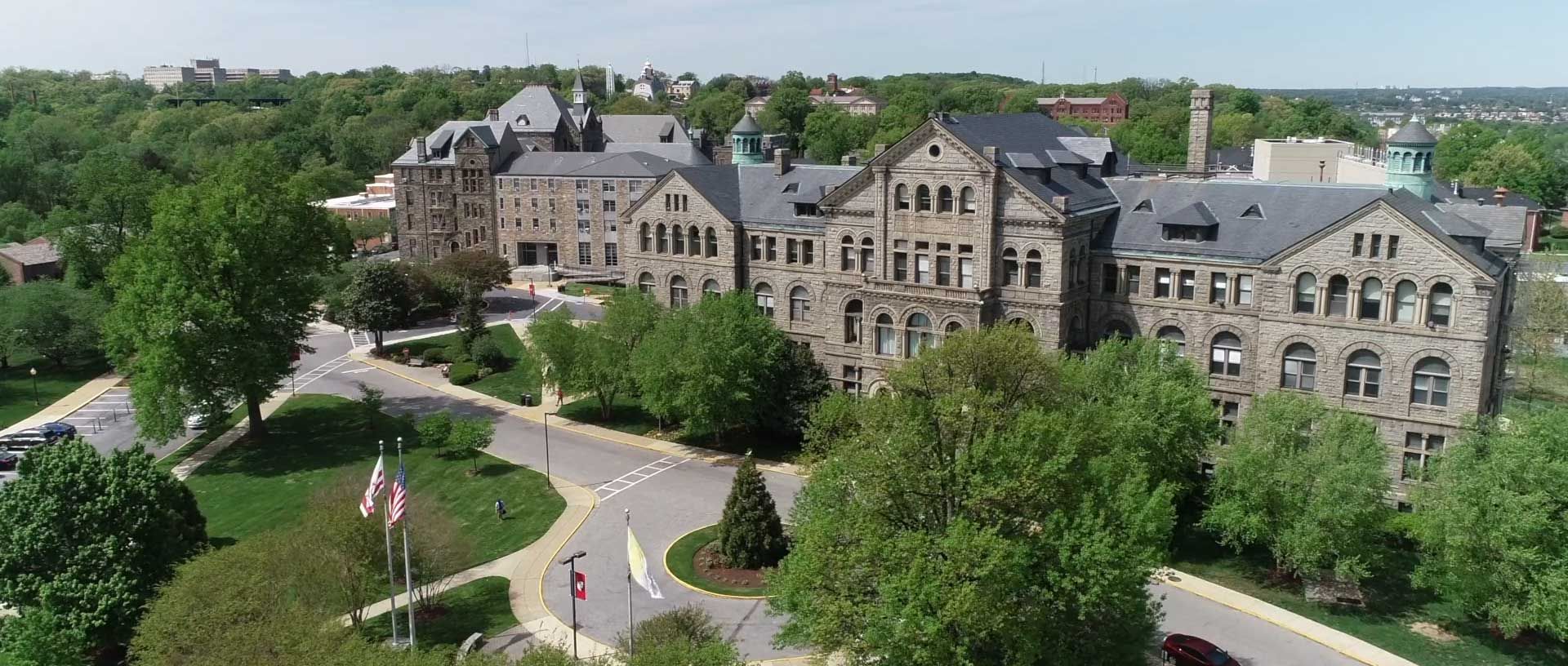
Love, Mystery, and the Gaelic and Indian
Origins of the American Revolution
The spring semester is always a journey toward light, but the fall semester is never quite a journey toward darkness. As the campus community readies itself for the holidays, another semester at the Department of History is drawing to a close, and it has been marked by two realities, one old and the other new. The new reality is what could be described as almost post-pandemic. It is not that the pandemic has vanished. It has gone sufficiently into remission, though, for many layers of normalcy to have returned to the life of the university and to the Department. It has been a joy to see students in class and on campus doing what they do when a pandemic is not getting in the way.
As I write this, the Department has begun its relocation: from O'Boyle Hall, on the northwestern corner of campus, to the third floor of McMahon Hall, which will put us at the center of things. The move is proceeding in stages and won't be complete until the summer of 2024, but we look forward to being in a place -- for the first time in some while -- that will afford a true home, a space for us to congregate. Definitely an occasion to celebrate with a housewarming! We hope that alumni will think of coming "home" to visit us when that day arrives.
The old reality is one of education and scholarship. It has been, as ever, a busy time in this respect.
Over the past several months, our faculty have been all over the world speaking, and they have been publishing articles and essays. I would like to single out three books that have recently been released by Catholic University History professors. Each has an evocative title. The first is a book edited by Professor Laura Mayhall: British Murder Mysteries, 1880-1965: Facts and Fictions, published with Palgrave. The second is Professor Larry Poos’s Love, Hate and the Law in Tudor England: The Three Wives of Ralph Rishton, published with Oxford University Press. There are also The Gaelic and Indian Origins of the American Revolution, published by Oxford University Press and written by Professor Samuel Fisher; and Bone and Marrow: An Anthology of Irish Poetry from Medieval to Modern, published by Wake Forest University Press and edited by Professor Samuel Fisher. Love, mystery, and the American Revolution: nobody can fault the professors of Catholic University’s Department of History for failing to take on the big questions.
As two articles in this newsletter indicate, the history department is also applying its production of knowledge to the “real world.” An article on how Professor Kate Jansen edits the academic journal, Speculum, shows what scholarship looks like behind the scenes, and it also shows how the talent of Catholic University faculty and students is being put to use in the generation and sharing of cutting-edge research. Another article on my own media outreach during the war in Ukraine (launched on February 24, 2022) illustrates the public’s appetite for historical analysis and analogy. At a moment of crisis, people turn – understandably – to the past. The writing of history is in many respects a backwards glance. It is not less consequentially a look at where we are and where certain trend lines may be going, a point of orientation amid the flux of the contemporary world.
Yet another article in this newsletter outlines the remarkable achievements of the Department's alumni. We invite all alumni to take a backwards glance at what they studied and learned when they were history majors on campus. We in the Department are delighted to see how far our alumni have all gone – with their graduate studies, their careers and with their personal and family lives. This too is worthy of celebration in the holiday season. And with that in mind, we wish all a Merry Christmas and happy holidays and a good start to 2023.
Sincerely,
Professor Michael Kimmage, Chair
Department of History
